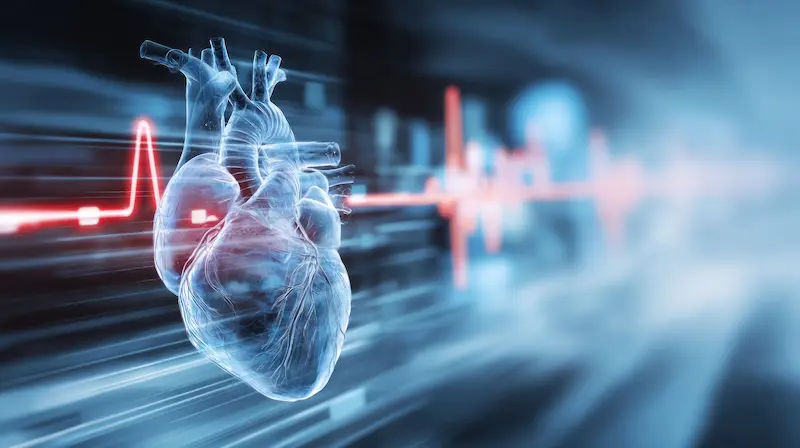- female
- 30 Years
- 20/02/2025
I'm a bit concerned because after I did some moderate exercise, like walking uphill and climbing steps, my heart rate hit about 151 BPM. Now, it's been two hours, and its still around 113 BPM. I used my pocket ECG device, Sanketlife 2.0, to check, and it says I have Sinus Tachycardia. Should I be worried about this? How long will it typically take for my heart rhythm to return to a normal sinus rhythm?
Answered by 1 Apollo Doctors
Sinus tachycardia after exercise is common, but it usually returns to a normal resting rate (typically 60-100 BPM) within a few minutes to an hour after stopping the activity. If your HR remains elevated for an extended period or if you experience other symptoms such as chest pain, dizziness, shortness of breath, or palpitations, it is important to seek medical evaluation promptly.
Dr. Chandra Suggests...
Consult a Cardiologist
Answered 25/07/2025
0
0

More Cardiology Health Queries
View allI'm a bit worried about my 66-year-old mom. She's diabetic and has a resting heart rate of 80 BPM with an SPO2 level around 9798. But yesterday, after climbing two floors, her heart rate jumped to 122 BPM and her SPO2 hit 99. Is this something I should be concerned about?
No it's is not , continue normal life
Answered by 1 Apollo Doctors
I'm considering switching from Teleact 40 manufactured by Ranbaxy to Telmikind 40 by Mankind because the latter is more affordable. Do you think it's okay to make this change? I'm curious if there's any difference between the two in terms of effectiveness or potential side effects. Could you shed some light on this for me?
composition is same in both the medications, .
Answered by 1 Apollo Doctors
I'm 23 and have been dealing with constant chest pain for about a week now. I thought it might just be because of gas, so I tried some home remedies, but the pain hasn't gone away. I'm really starting to get worried. What could be causing this? Should I be concerned?
Persistent chest pain should not be ignored, as it can be a sign of a serious medical condition. In this case, it is important to rule out any cardiac issues. You can take Acetaminophen 500mg for pain relief, but I recommend seeking medical attention as soon as possible for a proper evaluation and diagnosis.
Answered by 1 Apollo Doctors
Disclaimer: Answers on Apollo 247 are not intended to replace your doctor advice. Always seek help of a professional doctor in case of an medical emergency or ailment.





